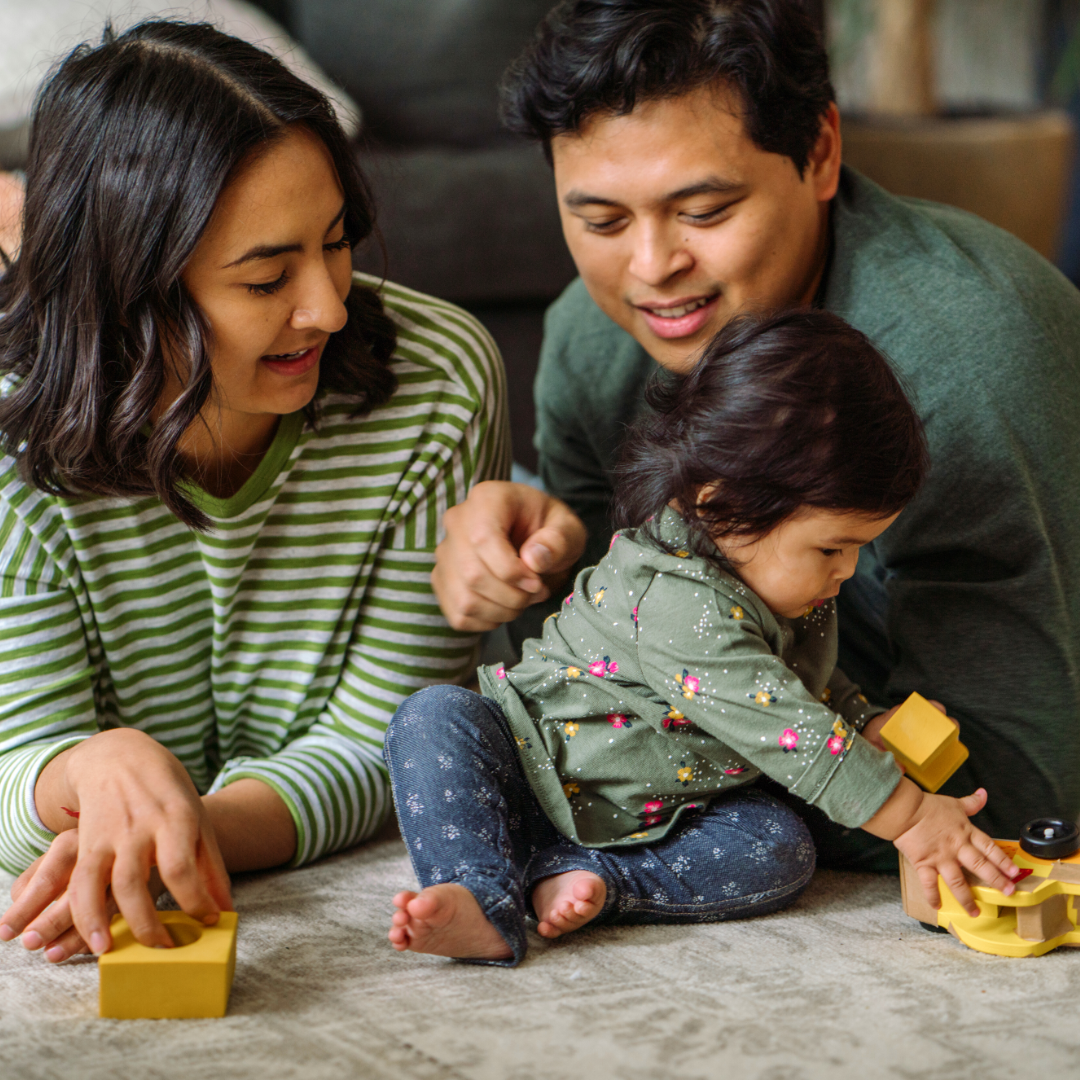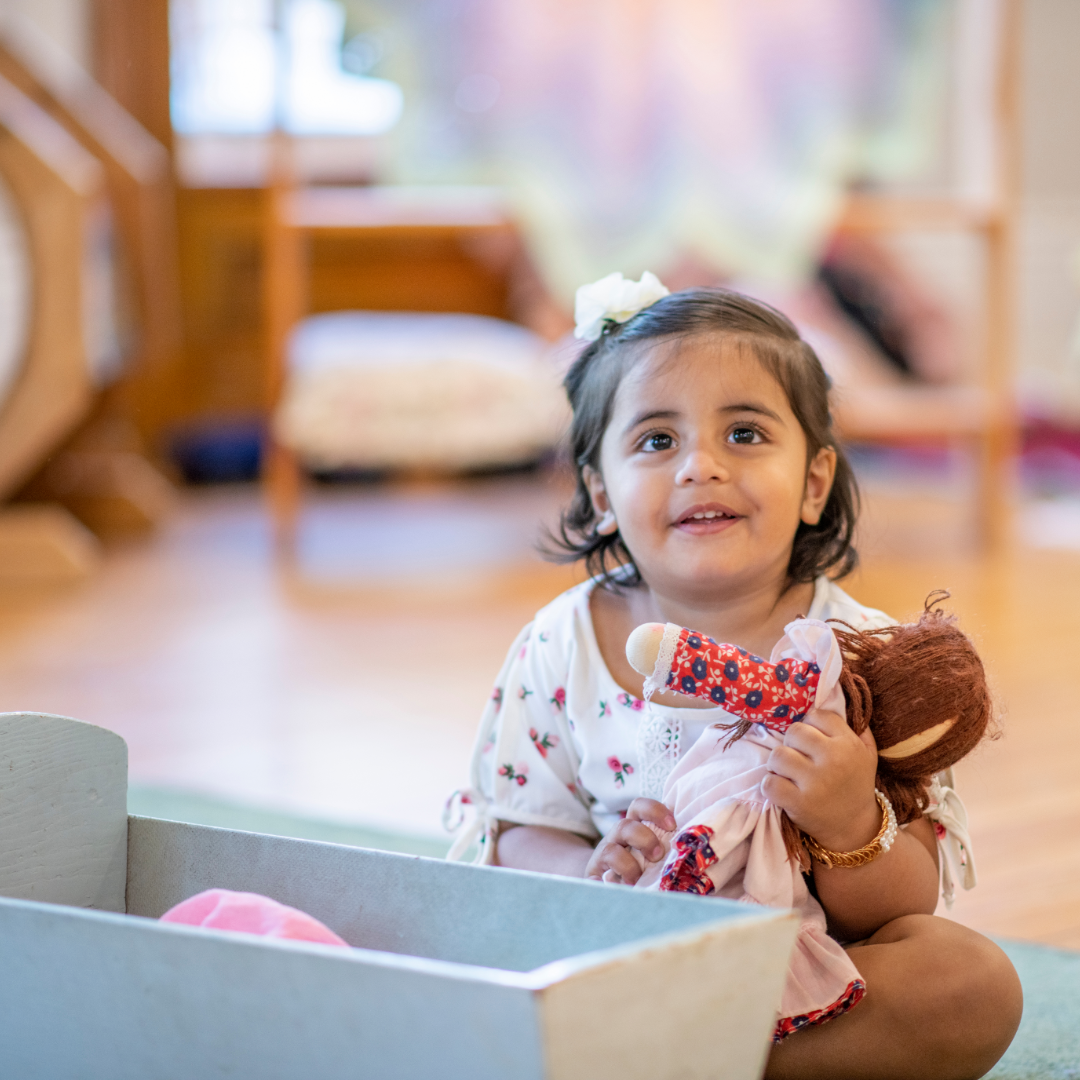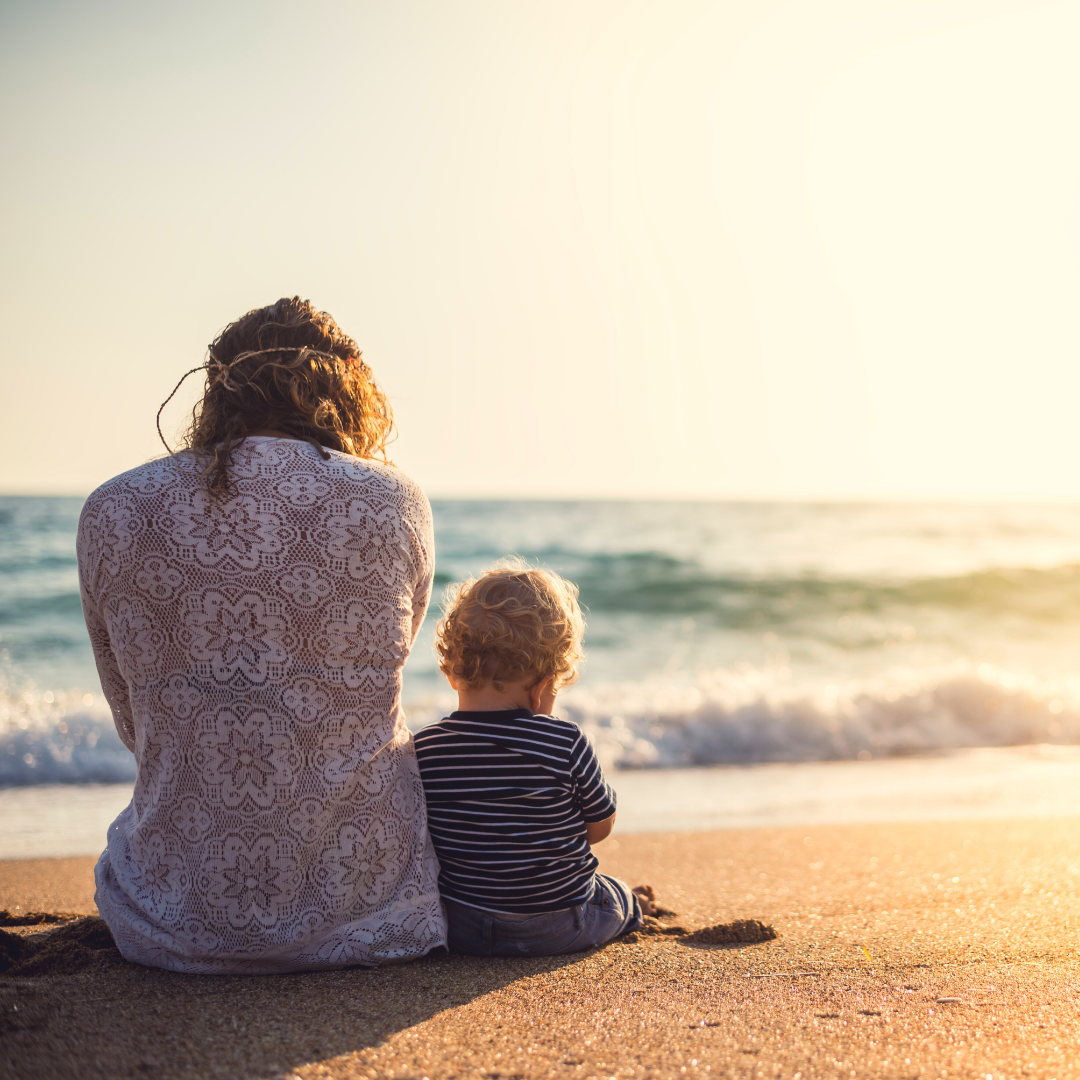
In this two-part series, Shannon Whitmore explores the role of motherhood in the world, beginning with God’s vision of femininity and motherhood at the creation of woman.
When people ask me what I do for a living, I almost always respond that I am a writer. Writing is a passion of mine, but it only takes up about an hour of my day, if I'm lucky (today, I was not so lucky, and I have about ten minutes to write between folding a load of laundry and beginning my son's daily homeschooling lesson). Most of my time is spent being a mom. But for some reason, I feel the need to cling to that one hour a day of writing, as if it frees me from having to admit that I'm "just a mom."
But I'm not just a mom. There is no just about motherhood. Motherhood is a huge part of who I am, and it's the most important thing that I can be doing right now. I am raising children, members of the next generation of doctors, teachers, lawyers, and saints. I am one of the two most important people in my children's lives, and I can claim that role because I am their mother.
Motherhood is so important to my identity that it is one of the ways that I image God. As we read in the Book of Genesis,
God created mankind in his image; in the image of God he created him; male and female he created them. (Genesis 1:27)
So what does it mean to be made in the Image of God?
It means that we have the ability to think and choose. We can think rationally, apply logic, and make moral choices. We are capable of love. This sets us apart from the rest of creation. But as Genesis 1:27 suggests, the Image of God in us goes beyond that. The fact that we were made male and female is part of the way that we image God.
The duality of mankind images God because He is a communion of divine Persons. He is three in one: Father, Son, and Holy Spirit. Since we have been made in the Image of a triune God, we are also called to communion. As God says in Genesis, it is not good for us to be alone. The fact that mankind exists in two different types, male and female, points to the fact that God is three distinct Persons in one divine Godhead.
We image God in our ability to procreate. We can create life with the help of God. We do not just reproduce like the rest of the animal kingdom. We give life to en-souled beings. We give those beings names. Because we have been made in the Image of God, we can be co-creators of life right alongside Him. Mankind is invited to show God's fruitfulness in the world.

We image God in our masculinity and femininity. Men are meant to image God in their desire to protect and provide for, which are key traits for fatherhood. Women are meant to image God in their desire to nurture and support, which are key traits of motherhood. Together, men and women image God, who is the perfect Protector, Provider, Nurturer, and Supporter.
Motherhood images God in a very particular way. While God is always referred to as Father because He is our Creator and the source of our existence, the Bible often refers to His love for us as the love of a mother for her child. For instance, Deuteronomy 32:18b says, "You forgot the God who gave you birth." Isaiah writes, "As a mother comforts her child, so will I comfort you" (66:13a) and "Can a mother forget her infant, be without tenderness for the child of her womb? Even should she forget, I will never forget you" (49:15). The Bible uses the language of motherhood because there is no stronger comparison when it comes to love. The only love deeper than the love of a mother for her child is God's love for us. A mother's love is a reflection of the love of God; God's love for us is the perfection of motherly love.
We can't say exactly what motherhood would have looked like before the fall of man. Eve didn't get pregnant and give birth to her first child until after she had been expelled from the Garden of Eden. Because of this, we can only imagine what pregnancy and childbirth would have looked like in an unfallen world. Motherhood had always been part of the plan for women, but because of the fall, women now suffer in pregnancy and childbirth.
Motherhood, our unique ability to nurture and support another person, is essential to femininity. Mothering instincts often come naturally to women, as well as young girls. For instance, my daughter has received lots of dolls as gifts. When my son plays with them, he makes them fight battles, but when his sister plays with them, she treats them like her children. Like many little girls, my daughter has the innate desire to nurture and care for things.

All women, whether or not they give birth, are called to spiritual motherhood. This is how that mothering instinct is lived out. Many women give birth to and care for their own children, but many of us also know "mother figures" who helped to raise and care for us. Religious sisters, aunts, godmothers, and foster mothers are all examples of women who are spiritual mothers to others.
Even though Eve never experienced pregnancy before sin and suffering entered the picture, there is in fact one woman who had these experiences in an unfallen state- Mary. Mary, having been immaculately conceived, was free from both original and actual sin. Because of this, she was able to experience pregnancy and childbirth the way God intended it. Mary was really pregnant and really gave birth, but she did so without any pain or discomfort. She would have gained weight as her Son grew. Her organs would have shifted easily to accommodate the growth of her Son. Her breasts would have filled with milk to nurse her Son after He was born.
Mary was unique in that she was immaculately conceived, but she was also unique in her perpetual virginity. Mary was a virgin before, during, and after the birth of Jesus Christ. Her perpetual virginity set her experience of pregnancy and childbirth apart from that of every other woman who has ever experienced it.
Mary shows us what pregnancy and childbirth could have been like, but because of the fall of Adam and Eve, the experience of motherhood is very different in this fallen world. We'll next turn to sin's effects of pregnancy and childbirth as we continue to explore the role of motherhood in the world and its importance.
Reflection Question:
Who are some of the best examples of femininity and motherhood in your life?

Copyright 2022 Shannon Whitmore
Images: Canva
About the Author

Shannon Whitmore
Shannon Whitmore currently lives in northwestern Virginia with her husband, Andrew, and their two children, John and Felicity. When she is not caring for her children, Shannon enjoys writing for her blog, Love in the Little Things, reading fiction, and working in youth ministry. She has experience serving in the areas of youth ministry, religious education, sacramental preparation, and marriage enrichment.


.png?width=1806&height=731&name=CatholicMom_hcfm_logo1_pos_871c_2728c%20(002).png)
Comments